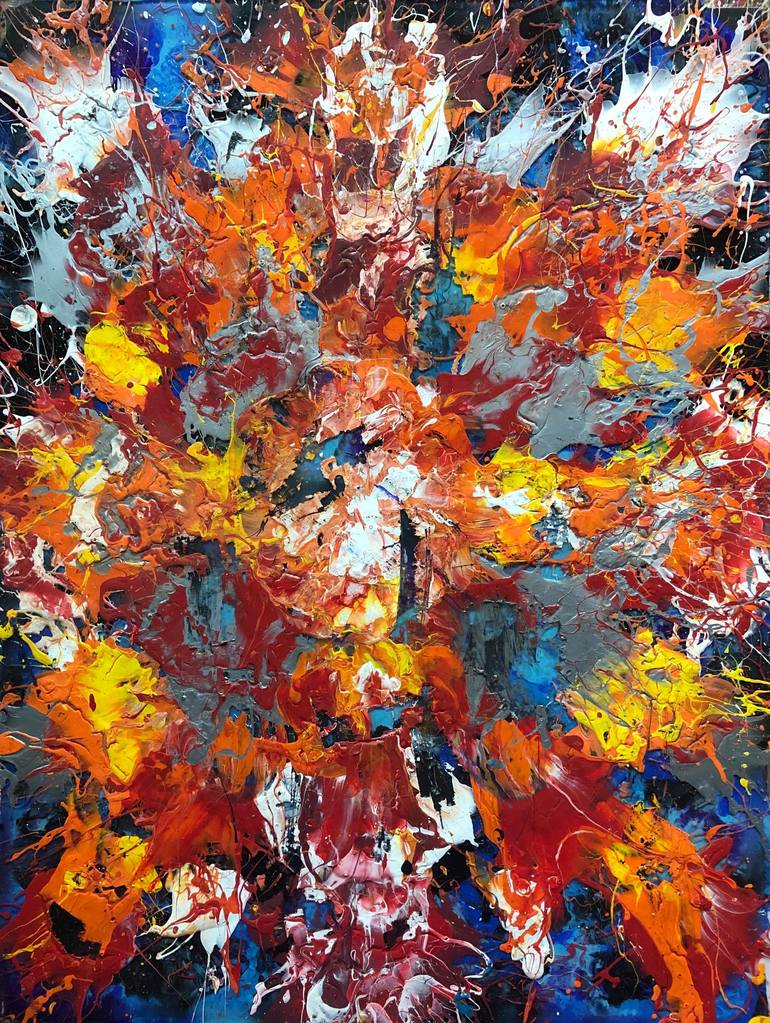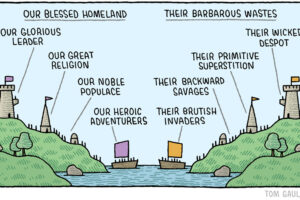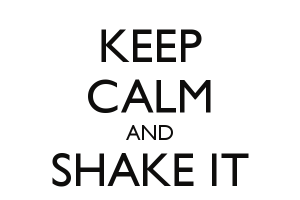I feel very unqualified to even write on Ferguson and racism and yet I think to remain silent would be even worse. As I wrote in an earlier post, I do not have the best track record when it comes to awareness about issues of race and privilege. And in that blog, I noted that I wanted to change. And I think I have made small improvements – but I still have a long way to go.
My heart has been broken the past few days, hearing of the failure to indict Darren Wilson, driving past the protests here in Oakland, and watching videos of the protests in Ferguson. I’ve been convicted in reading many articles explaining what it means to be privileged. articles that have pinpointed thoughts I’ve had, but was never aware of – “I’ve got a burden as well, why are they complaining?”, “I’m not privileged, I just worked hard,” or “I didn’t ask to be privileged.” And I’ve been angry, reading many insensitive, hurtful, and racist things posted by my white friends. It makes me more angry to know that if I pointed out that their comments were racist, they would protest and deny it, another tragic result of privilege.
One of the many articles I read really jumped at me. It was titled “So You Call Yourself an Ally: 10 Things All ‘Allies’ Need to Know” and it shared some really helpful thoughts for white people who want to ally with people of color or others who have been marginalized. I was particularly struck by the point that being an ally is an action, not an identity. It is something you do – not something you are. And if it something you do, then sometimes you are not an ally, but rather growing into one. Being an ally is not a simple switch, it is the process of striving to be in solidarity with those who have been marginalized.
I realized as I’ve become more aware of my privilege and participation in a system that marginalizes others, I want to instantly switch from being ignorant to being well-informed. And since I’m well informed, I assume that I am then an ally. But I’m not. I long to be, but I stand in a place of hoping and longing. But my hope and longing to be an ally compares nothing at all to the hope and longing of people of color who are daily reminded of the many obstacles they face to justice and equality.
I think the protests in Ferguson and around the United States have taught me about Advent. Advent is the beginning of the church calendar, a season of waiting, hoping, and expectation in which we look forward to Christ coming to us. When Christ comes, we celebrate. For now, we pine for God to make all things right. We rejoice that in Christ, new creation is breaking forth. But we have to journey through the waiting to truly rejoice.
I thought I knew what it meant to long, to hope, to pine, and to wait. But I’m privileged – my longing is rarely for injustices that I’ve suffered. I theoretically long for justice in the world, but I am unfamiliar with a longing for justice for myself, my family, my friends. I know that the world is broken, but I rarely am the victim of the world’s brokenness. In the riots and protests in Ferguson, I see people who have, again and again, felt the sting of injustice. I’ve always known that Israel was a marginalized people longing for God to rescue them when Jesus entered into the world, but I sometimes had a hard time imagining what that looked like. In whats happened since the grand jury’s announcement, I can better imagine what Israel felt.
This Advent, I long to become one who acts in ways that show myself to be an ally of people of color and others who are marginalized. And this Advent, we have a vivid depiction of the brokenness of this world and how deeply others yearn for it to be made right. And as we long, we wait for Christ to come, to reconcile us to God and to one another. Come quickly Lord Jesus!





6 Comments
Leave your reply.